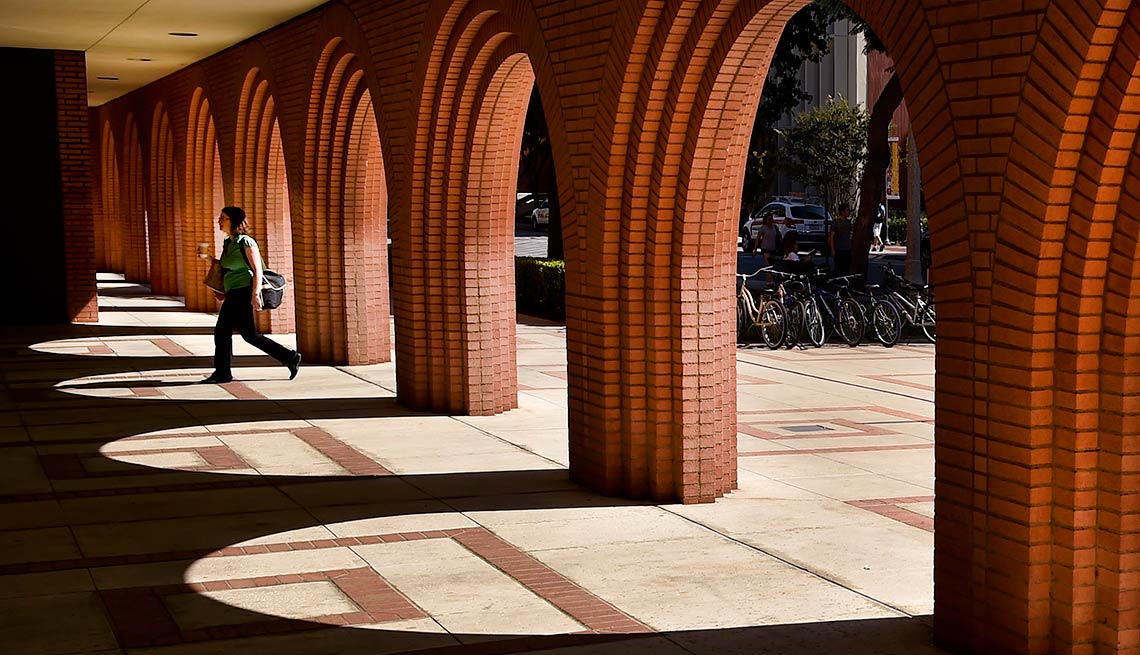Can Crowdfunding Help Solve Our Health Issues?
We can do more to help people stay independent later in life

Gus Ruelas/University of Southern California
Andrus Gerontology Center on the campus of University of Southern California.
On a sunny day last fall, I walked into a college classroom filled with a very special group of students — majors in gerontology, the study of aging. And do we ever need them.
The U.S. population 65 or older will double between now and mid-century, when it will reach 84 million Americans. By 2050, the remaining boomers will be over 85, many headed past 100. We all want to stay independent for as long as possible, and the insights from gerontology will be increasingly important in making that happen.
Member Discounts! Save on eye exams, prescription drugs, hearing aids and more
Now, before I go further, I should point out some history that was on my mind that day at the University of Southern California. Almost 50 years ago, AARP members sent in a flood of donations to help create the building I was standing in — the Andrus Gerontology Center, named for AARP's founder, Ethel Percy Andrus.
Today that building is home to one of the world's premier programs in gerontology (named for Leonard Davis, who helped Dr. Andrus launch AARP).
For two stimulating hours, I served as a guest lecturer for grad students. They peppered me with questions about health care, Social Security, housing issues, retirement savings and more: Is it better to work at the state or national level? What's the greatest challenge for AARP? What kinds of things do you do to become a leader?
I thought, What a good investment our members made so long ago. Their gerontology-center donations "crowdfunded" a great idea, long before the existence of the Internet.
Looking to the future, I believe we can do much more with modern crowdfunding technology to help people stay independent and healthy late in life.
The Ice Bucket Challenge, which raises money to fight ALS, is an inspiring example. But we need more solutions for health problems that can accompany aging. Certainly, we need to fund more research to cure or dramatically slow dementia, which is the No. 1 concern for people as they grow older.
My hope is that someone in that USC classroom, or another just like it, takes on these challenges — not just for today's older adults but for our children and grandchildren.
Jeannine English is president of AARP.
